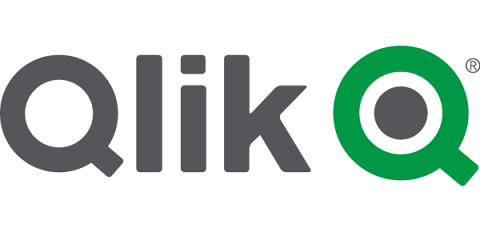Analytics
Building ML Pipelines Over Federated Data & Compute Environments
A Forbes survey shows that data scientists spend 19% of their time collecting data sets and 60% of their time cleaning and organizing data. All told, data scientists spend around 80% of their time on preparing and managing data for analysis. One of the greatest obstacles that make it so difficult to bring data science initiatives to life is the lack of robust data management tools.
Dashboards vs automated business monitoring: What's the difference?
In 2020, however, contining to rely just on dashboards for your BI needs isn't enough. Why? Data is growing exponentially - in both size and complexity - within every business today. Manually keeping track of performance and searching for insights has become difficult for many users, and it's fostered new expectations - to be able to do more with analytics - including making it faster and easier to keep on top of changes or opportunities.
Yellowfin: the embedded BI platform of choice for dashboard designers
For our Head of Product Design and Creative Director, Tony Prysten, design is always top of mind. In analytics platforms, good design plays an important role in how people understand and use data. Here Tony shares how Yellowfin has been created with designers and developers in mind.
Using Augmented Intelligence To Drive Recovery and Growth Through COVID and Beyond
There seems to be universal acceptance that effective use of data can help maximize bottom line value. However, many businesses still aren’t successfully leveraging data to its full extent due to people, processes and technology roadblocks. Thankfully, there is a unifying approach to unlocking the immense opportunity for enterprises to more effectively leverage data to create new products, services and business models.
Addressing the data storm with the Enterprise Data Cloud
For some, this may look like a new category at this year’s Data Impact Awards. However, the Enterprise Data Cloud category marks the evolution of what was once the Data Anywhere category. The main reason for this change is that this title better represents the move that our customers are making; away from acknowledging the ability to have data ‘anywhere’.
Announcing the Fivetran dbt Package for Zendesk Support
Refine customer success data modeling with more detailed ticket tracking
Access control for Azure ADLS cloud object storage
Cloudera Data Platform 7.2.1 introduces fine-grained authorization for access to Azure Data Lake Storage using Apache Ranger policies. Cloudera and Microsoft have been working together closely on this integration, which greatly simplifies the security administration of access to ADLS-Gen2 cloud storage.
The 10 Best WordPress SEO Plugins for Improving Your On-Page SEO
Correlation Analysis: A Natural Next Step for Anomaly Detection
Over the last decade, data collection has become a commodity. Consequently, there has been a tremendous deluge of data in every area of industry. This trend is captured by recent research, which points to growing volume of raw data and growth of market segments fueled by that data growth.









